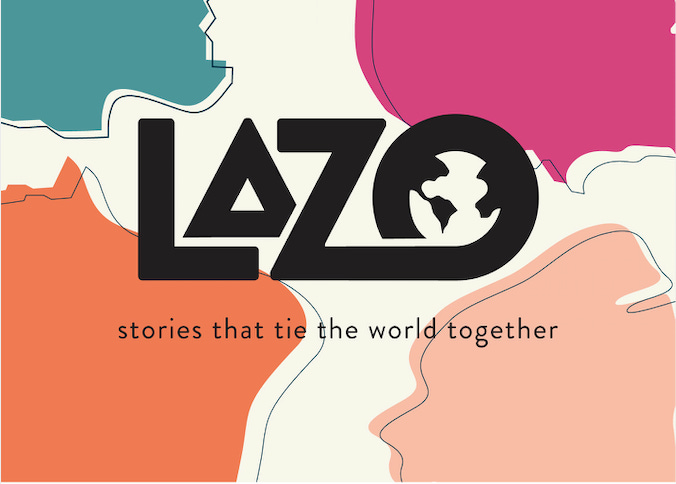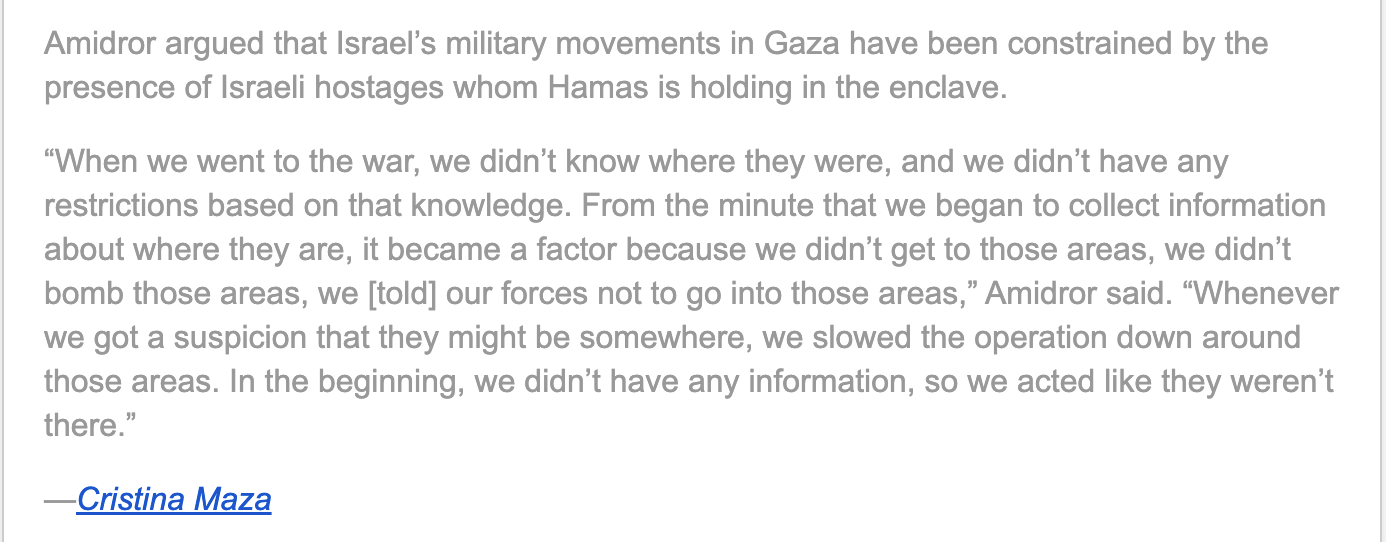It’s been a pretty intense news week, with important political developments in Georgia and Bulgaria, and a major escalation in the Middle East.
But first, Russia may have scored another victory in Europe. And it wasn’t in Ukraine. Last Saturday, nationalist candidate Peter Pelligrini won Slovakia’s presidential election, cementing the pro-Russian government’s power.
I wrote about Slovakia for Lazo, diving into the Prime Minister’s motivations and why there are still reasons for hope. You can read that by clicking here.
Stay safe out there, Cristina
What I’m writing:
• I reported from a Senate Foreign Relations Committee forum calling for the release of political prisoners in Russia and marking the second anniversary of the detention of Russian political activist Vladimir Kara-Murza. This story is unlocked and free to read.
• I dug into the question of how much leverage Washington has with Israel and whether the Biden administration is using it effectively. Some lawmakers told me Israeli Prime Minister Benjamin Netanyahu perpetually ignores the White House’s requests, yet the arms deliveries continue. This story is unlocked and free to read.
My weekly news blurbs:
What I’m reading:
• In a major escalation of conflict in the Middle East, Iran launched dozens of drones toward Israel late Saturday night, NPR reports.
• After Israel attacked an Iranian consulate in Syria’s capital on April 1, an Iranian official said Israel’s embassies are “no longer safe.” The BBC has the story. The U.S. had been bracing for the retaliation, sending advisors to Israel amidst fears of a wider regional war.
• Russian trolls are attempting to undermine U.S. support for Ukraine. According to a trove of documents obtained by a European intelligence service and reviewed by the Washington Post, Kremlin-linked political strategists and trolls have written thousands of fabricated news articles and social media posts that promote U.S. isolationism, stir border security fears, and attempt to amplify domestic racial tensions.
• Belgian Prime Minister Alexander De Croo announced an investigation into suspected Russian interference in June’s Europe-wide elections, saying his country’s intelligence service confirmed the existence of a network attempting to undermine support for Ukraine, the Associated Press reports.
• The European Union Court of Justice ruled to remove Russian billionaires Mikhail Fridman and Petr Aven from a list of individuals subject to EU sanctions after Russia’s full-scale invasion of Ukraine in 2022, Reuters reports.
• Authorities in the Russian republic of Chechnya are banning music they consider either too fast or too slow, effectively criminalizing many genres, NPR reports.
• Demonstrators took to the streets of Tbilisi, Georgia, to demand the government once again drop Kremlin-inspired plans to brand civil society groups “foreign agents,” Politico Europe reports.
• Georgian President Salome Zourabichvili will “use her constitutional right and veto the law,” her senior aide Giorgi Mskhiladze told Interpressnews.
• Bulgaria’s President, Rumen Radev, appointed a caretaker government led by Prime Minister Dimitar Glavchev and called for snap elections on June 9, Reuters reports.
• Corruption in Bulgaria remains the main entry point for Russian meddling and contributed to his ruling coalition collapsing, outgoing Bulgarian Prime Minister Nikolai Denkov told the Financial Times.
• Denkov later told Politico Europe that his pro-Western and pro-Ukrainian government had cut the country’s energy dependence on Russia and deported more than 80 secret agents posing as diplomats.
• Hundreds of European conservatives gathered in Cyprus for a “cultural weekend” that mixed policy discussions and networking, Politico Europe reports.
• British Foreign Secretary David Cameron traveled to Brussels for negotiations over Gibraltar and its post-Brexit relationship with the European Union, the BBC reports.
• A landmark bill set to overhaul migration policy across the European Union cleared its final hurdle after it was approved by the European Parliament. You can read all ten legislative texts here. You can watch protesters interrupting the voting here.
• Polish Prime Minister Donald Tusk said Poland will not accept more migrants despite the new law, Reuters reports.
• Rights groups, including the European Council on Refugees and Exiles, Amnesty International, and Human Rights Watch, called the pact “cruel” and a “disaster,” saying it would lead to more suffering and less protection for asylum seekers.
• Other civil society groups, such as the International Rescue Committee, the Danish Refugee Council, and Oxfam, issued a joint statement noting that while the pact would reduce migrants’ access to protection in Europe, it also “has the potential to bring about a more coordinated, predictable and protection-centered approach to EU resettlement.”
• U.S. President Joe Biden said he is “considering” a request from Australia for the United States to end the prosecution of WikiLeaks founder Julian Assange, NBC News reports.
• A specialized United Nations committee will review whether Palestine will be granted full state member status in the UN this month, Al Jazeera reports.
• Mexico’s government severed diplomatic ties with Ecuador after police broke into the Mexican Embassy to arrest a former Ecuadorian vice president, the Associated Press reports. Police arrested Jorge Glas, who had been residing at the embassy since December, seeking political asylum after being indicted on corruption charges.
• A Brazilian Supreme Court judge opened an inquiry into Elon Musk after he said he would reactivate accounts on the social media platform X that the judge ordered blocked, the BBC reports. The profiles of those blocked were linked to far-right movements that posted content related to Brazil’s Jan. 8 riots in 2023, when thousands of supporters of former President Jair Bolsendaor stormed government buildings following his election loss.
• Thailand asked Myanmar’s junta to reduce violence, its foreign minister said, adding that preparations are underway for a surge of people crossing into the country after the fall of a border town to rebels. CNN has a report. And so does Reuters.
• A representative of Reporters Without Borders was deported from Hong Kong upon arrival, the advocacy group said, in what it called a “new decline” in press freedom in the territory. NBC News has the story.
• A prominent Chadian opposition leader killed in February by government troops appears to have been shot in the side of the head at close range, five forensic experts told Reuters.
You can write to me for any reason: c.maza@protonmail.com







